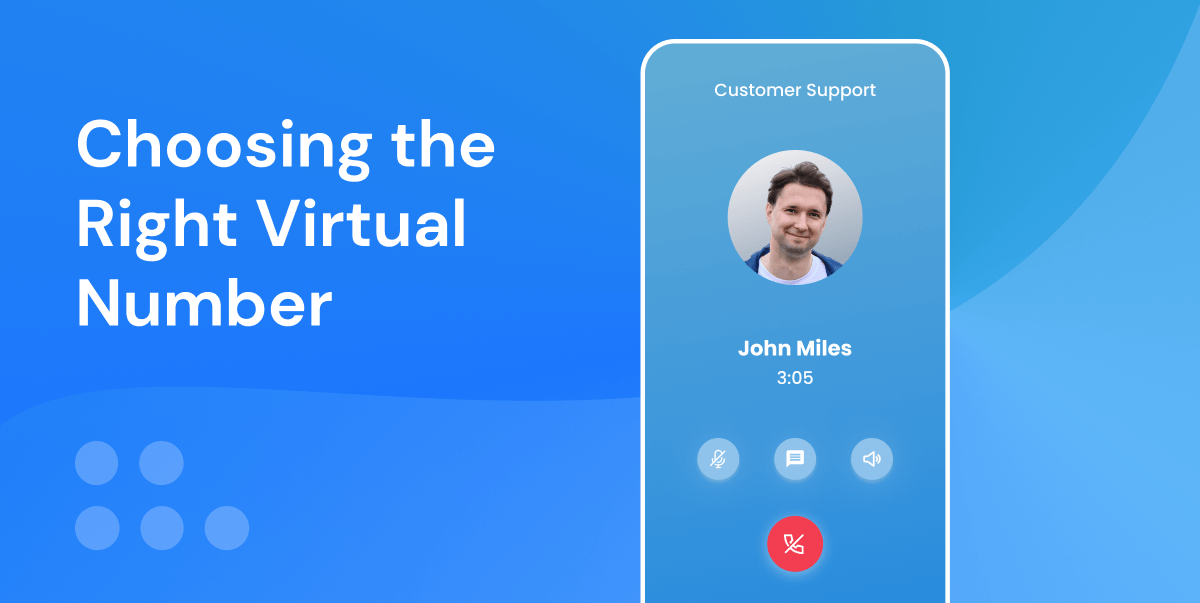Ready to improve your marketing ROI?
Fast registration. User-friendly interface. Robust integrations.
Disclaimer: By listening to and analyzing feedback from the target audience, businesses can gain insights into product improvements, customer experience enhancements, and overall better performance indicators.
What can a business gain from a conversation with its customer? First, a client is calling because they have a query to deal with. It indicates customers’ expectations about your business. Second, a talkative customer is a gold mine for any marketer or sales representative. They can mention the flaws of the product or service, mention its strong sides, and provide developers with insights for further product improvements. Besides, clients can assess the work of the agents or delivery couriers, which is an important performance metric. Thus, even a single conversation with a lead offers ideas for business growth, let alone hundreds of such conversations.
What is conversational intelligence?
In a nutshell, conversational intelligence is a special software that involves artificial intelligence technologies to analyze the speech and messages of clients. The analysis shows relevant keywords, makes an outline of the most common requests, assesses the percentage of satisfied and disappointed clients, etc. The data driven with the help of this software is loaded into the internal CRM system of an organization and shared among marketing, sales, and other departments to make real-time decisions, generate higher conversions, and increase revenue.
How does it work?
Let’s dive deeper into sophisticated terminology here. Artificial intelligence (AI) systems comprise the principles of machine learning and language processing. Due to those powers, an embedded AI is able to detect a caller’s intention and mood in a short period of time. The speech of a caller is automatically converted to text, after which the analysis process starts. This procedure includes lexical research, name recognition, keyword extraction, and other steps. The received data is instantly shared with the stakeholders.
Why is it important?
We have already mentioned the importance of talking to your customers in the introduction to the article. However, enumeration is always better for the clarity of the data. Here is a list of advantages that a business can obtain by adopting artificial intelligence:
- Staff assessment: Conversational intelligence allows managers to use the generated data in two ways. On the one hand, it might be part of regular performance reviews and evaluations for agents. On the other hand, it facilitates the onboarding of new agents. Indicating problematic situations during interactions enables for immediate management participation and identifies areas for improvement. AI also helps with new employee coaching and soft skill development.
- Customers’ feedback: Inbound calls provide managers and advertisers with the following details regarding current ad campaigns:
- keywords that generate a call
- typical customer request
- details about the target client (age, location, “pains”)
- ideas for service improvement
- customer browsing route
- etc.
Using that information, advertisers may come up with more attractive ads and think of other traffic channels. Developers can enhance the functionality of the product or get the results of A/B testing. In general, every client can share critical information for any stage of the company's operations over the phone.
- Customer service: AI implies that the company is commercially sustainable and reliable. Therefore, it immediately adds a score to the customer experience. Furthermore, analyzing client feedback allows for quick response to problem areas. If callers complain about customer service, it is time to improve it and achieve better reviews. When conversation intelligence software is complemented with IVR functionality, AI can transfer calls to competent experts quickly, which also leads to customer satisfaction.
- Team work: The data generated by conversation intelligence software is shared among departments via internal communication channels. It means that all members of the team know the current situation, which is regularly updated. It aids in better understanding each other, setting common goals, and identifying viable ways toward accomplishing them.
What is the difference between call tracking and conversational intelligence?
Practically any call tracking platform offers its users the feature of call recording. It implies that a marketer develops an advertising campaign, launches it, receives analytical data about the inbound calls, and can listen to conversations between agents and leads. Which creates a logical question: If I have the call recording feature, why should I bother with anything extra?
The thing is that listening to calls and analyzing them manually takes time. If your company receives tens of inbound calls, the task is quite manageable. However, if you have to process hundreds of calls, your concentration levels are likely to suffer.
The second reason in favor of using conversational intelligence is the depth of analysis and easy integration of the results into all divisions of the business. On the path to business growth, optimization methods are critical.
Conclusion
Implementing conversational intelligence in business is a step toward success, indicating a company has a sufficient number of customers and may think of optimization that will lead to further development. AI technologies represent advancement and make forward-thinking businesses stand out in the market.
Ready to improve your marketing ROI?
Fast registration. User-friendly interface. Robust integrations.
Recently viewed posts
Related posts




